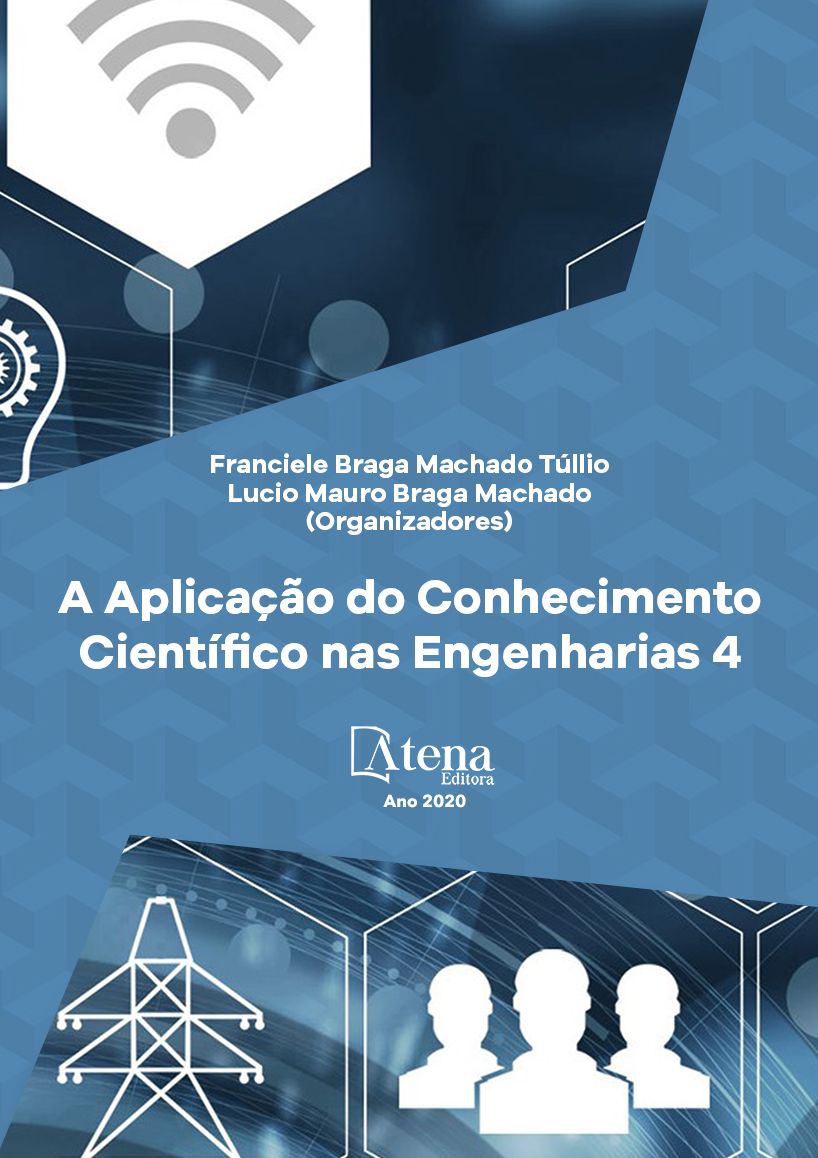
EFEITO DA ADIÇÃO DE 0,15%Zr E DO TRATAMENTO TÉRMICO DE ENVELHECIMENTO ARTIFICIAL NA LIGA Al-6%Mg NAS PROPRIEDADES MECÂNICAS
A utilização do Zircônio como elemento de liga é um tema frequentemente estudado pela literatura em geral, tendo em visto a necessidade do aumento da resistência mecânica das ligas fundidas aplicadas na indústria aeronáutica, automobilística e aeroespacial. Portanto, este trabalho objetiva analisar o efeito da adição do teor de 0,15% de Zr na liga base Al-6%Mg, para o sistema 5xxx, bem como o tratamento térmico de envelhecimento artificial realizado. Para tanto, a liga foi fundida em moldes que representam uma secção da roda properzi. Em seguida, o mesmo foi cortado transversalmente em uma serra de fita obtendo assim, amostras que passaram por tratamento térmico na temperatura de 400ºC por 16 horas. Após ao tratamento térmico, as amostras passaram por processos de lixamento e polimento, com o intuito de obter a sua macroestrutura. Os resultados obtidos nessa etapa mostram que no Zr potencializou o refino dos grãos. A segunda etapa deste referente trabalho, consiste nos testes de limite de resistência à tração e alongamento após ao trabalho mecânico a frio, para a caracterização mecânica do material. Os resultados mostram que no teor de 0,15%Zr ocasionou perda de limite de resistência à tração e ganhos no alongamento. Entretanto, após ao tratamento térmico a liga obteve maior resistência à tração, provavelmente devido a formação de precipitados de Al3Zr. Nas curvas de tensão deformação das ligas, foram observados serrilhas ou oscilações na zona plástica do material, que correspondem ao Efeito de Portevin Le Chatelier.
EFEITO DA ADIÇÃO DE 0,15%Zr E DO TRATAMENTO TÉRMICO DE ENVELHECIMENTO ARTIFICIAL NA LIGA Al-6%Mg NAS PROPRIEDADES MECÂNICAS
-
Palavras-chave: Zircônio, Refino de grãos, Limite de Resistência à tração.
-
Keywords: Zirconium, Grain Refining, Ultimate Tensile Strength.
-
Abstract:
The use of Zirconium as an alloying element is a subject frequently studied in the literature in general, considering the need to increase the mechanical strength of molten alloys applied in the aeronautical, automotive and aerospace industries. However, this work aims to analyze the effect of the addition of the content of 0.15% of Zr in the base alloy Al-6% Mg, 5xxx system and cold formed, as well as the heat treatment of artificial aging. For this purpose, the alloy was fused in mold which represent a section of the properzi wheel. Thereafter, it was cut transversely into a band saw, thereby obtaining samples which were heat-treated in the temperature of 400°C for 16 hours. After the heat treatment, the samples passed through sanding and polishing processes, in order to obtain its macrostructure. The results obtained in this step show that the Zr potentiated the refining of the grains. The second stage of this work consists of tests of tensile strengt and elongation after cold mechanical work, for the mechanical characterization of the material. The results show that the content of 0.15%Zr caused loss of ultimate tensile strength and elongation gains. However, after the heat treatment the alloy obtained a higher Ultimate Tensile Strength, probably due to the formation of Al3Zr precipitates. In the Stress x Strain curves of the alloys, sawdust or oscillations were observed in the plastic zone of the material, corresponding to the Portevin-Le Chântelier effect.
-
Número de páginas: 14
- José Maria do Vale Quaresma
- Emerson Rodrigues Prazeres
- Altino dos Santos Fonseca
- Denyson Teixeira Almeida
- Adriano Aleixo Rodrigues
- Marielle Maria Medeiros Vital
- Carlos Vinícius de Paes Santos
- Mateus José Araújo de Souza
- Victor Lima Melo
- Vinicius Silva dos Reis
- Natália Luiza Abucater Brum
- Beatriz Seabra Melo


